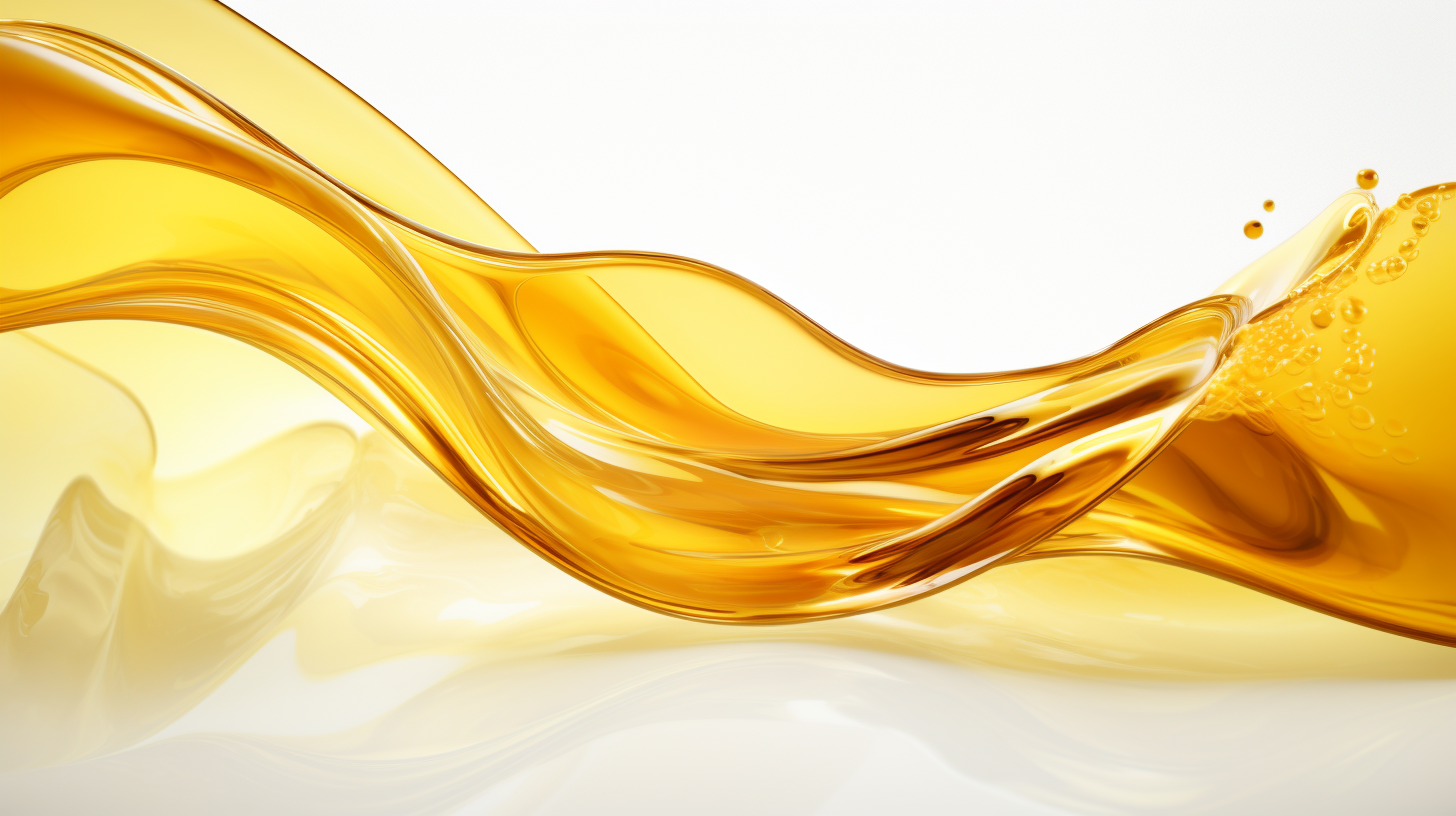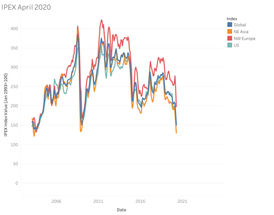Dow UCAR Emulsion Systems Reissues Price Increases for Emulsion Products and Rheology Modifiers
Dow UCAR Emulsion Systems, a business unit of The Dow Chemical Company, is reissuing previously announced increases on its emulsion products and rheology modifiers from the second and third quarters.
Effective October 1, 2007, for all North American customers, Dow UCAR Emulsion Systems will increase prices by $0.03/wet pound for all latex products except for acrylic products that are greater than 55 percent solids. For those acrylic products that are greater than 55 percent solids, the price will increase by $0.04/wet pound. These increases apply to all emulsion products and rheology modifiers, including acrylic, styrene acrylic, styrene butadiene latexes, NEOCAR(TM) acrylics and latexes, vinyl acrylics, EVOCAR(TM) products, and UCAR(TM) POLYPHOBE(TM) rheology modifiers.
"Continuing increases in the key raw materials we use to produce our latex products and supply issues with monomers such as vinyl acetate have had an industry-wide impact," Graves Clayton, the North American market manager for Dow UCAR Emulsion Systems' coatings business, said. "As some supply returns and we move into the fourth quarter, we need to reissue earlier price increases in order to deal with escalated costs and thin margins related to the manufacture of these products."
Other news from the department price development
Most read news
More news from our other portals
See the theme worlds for related content
Topic world Rheology
Rheology deals with the flow behavior and deformation properties of materials. In the chemical field, it is indispensable for understanding the consistency, viscosity and elasticity of liquids, gels and solids. Whether formulating paints, producing polymers or optimizing food textures, rheological properties influence how substances react, move and feel.

Topic world Rheology
Rheology deals with the flow behavior and deformation properties of materials. In the chemical field, it is indispensable for understanding the consistency, viscosity and elasticity of liquids, gels and solids. Whether formulating paints, producing polymers or optimizing food textures, rheological properties influence how substances react, move and feel.













































